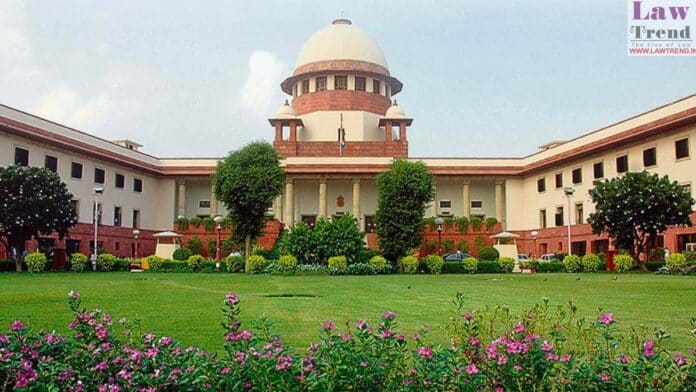In a significant judicial intervention, the Supreme Court of India ordered a stay on the corruption trial involving Tamil Nadu Rural Development Minister I Periyasamy. The case, centered around allegations of corrupt practices in the allocation of a High Income Group plot under the Mogappair Eri scheme by the Tamil Nadu Housing Board, has been a point of contention.
The decision came from a bench led by Justice Hrishikesh Roy, following the refusal of the Special Judge to postpone the trial. The lower court’s determination was influenced by a directive from the Madras High Court, mandating the completion of the trial by July 31, 2024, thereby negating any prospects for delay.
Minister Periyasamy, represented by advocate Ram Sankar, sought a temporary suspension of the trial. The aim was to provide the Supreme Court with adequate time to deliberate on his petition. This petition challenges the unilateral decision by a Single Judge Bench of the Madras High Court to revive the case against him.
The Supreme Court, in its directive, stated, “We are of the view that the trial ordered by the High Court should not proceed till the Supreme Court is hearing it. The proceedings before the trial court are stayed.”
This case traces back to the 2008-2009 period when the plot in question was allocated to C. Ganesan, who was then the personal security officer to former Chief Minister M Karunanidhi. During this time, Periyasamy held the position of Housing Minister in the DMK government. The Directorate of Vigilance and Anti-Corruption (DVAC) initiated the case against Periyasamy in February 2012, following the DMK’s electoral defeat to the AIADMK.
In 2021, with the DMK’s return to power and Periyasamy’s appointment as a minister, the case saw a new twist. By March 2023, a Special Court had acquitted him, citing the absence of requisite sanction under Section 197 of the Code of Criminal Procedure. However, this decision was overturned by the Madras High Court, led by Justice N. Anand Venkatesh, who reinstated the trial through suo motu action in six corruption cases, with Periyasamy’s being the foremost.
Also Read
Periyasamy’s appeal in the Supreme Court challenges the High Court’s authority to resurrect the case without proper sanction for prosecution by the Governor, as mandated by Section 197. His legal team contends that the trial court’s discharge was justified, criticizing the High Court’s suo motu intervention and the annulment of the Special Court’s reasoned judgment.
The crux of the argument hinges on the sanctity of valid legal sanction, which is pivotal for jurisdiction. According to the Minister’s application, any trial against a sitting Cabinet Minister must be preceded by explicit approval from the Governor.




